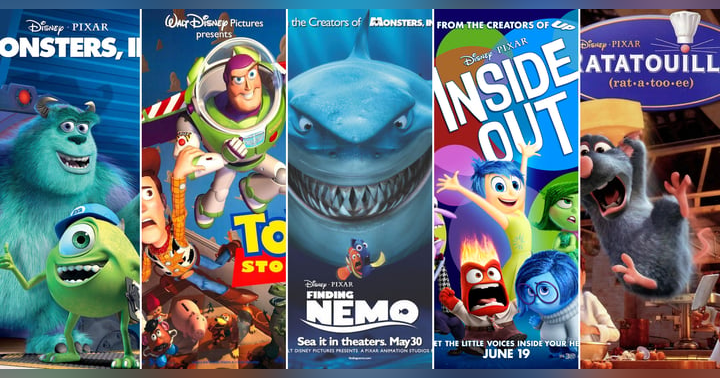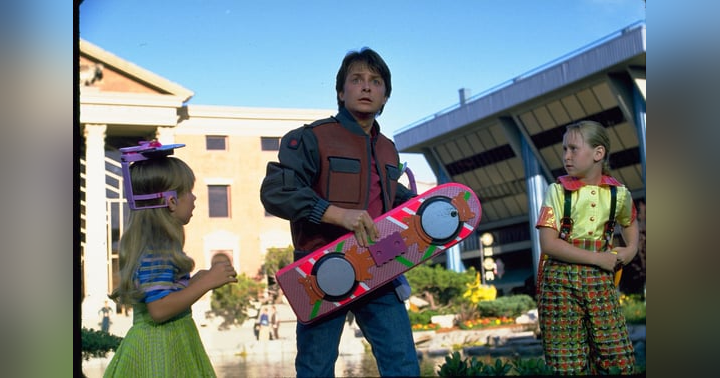Tropic Thunder in 2024: Could It Be Made in Today's Woke Society?

Released in 2008, Ben Stiller's Tropic Thunder was an audacious, high-octane satire starred in and directed by Stiller himself, featuring an ensemble cast that included Stiller himself, Robert Downey Jr., Jack Black, and a memorable cameo from Tom Cruise. The film took aim at Hollywood's self-indulgence, the absurdity of war movies, and the ego-driven antics of actors, with each character embodying a ridiculous stereotype. While celebrated for its bold humour and biting satire, the movie also sparked controversy for several elements, most notably Robert Downey Jr.'s portrayal of Kirk Lazarus, a method actor who undergoes a controversial procedure to darken his skin for a role.
Fast forward to 2024, and the landscape of entertainment has dramatically changed. Hollywood and the wider entertainment industry are increasingly influenced by what some call "woke culture," a broad term referring to a heightened awareness of social justice issues such as race, gender, and representation. This shift has led to a more conscious approach to what is acceptable on screen and what is not, prompting a question: Could Tropic Thunder be made today?
Let's dive into the arguments for both sides of the debate.
Arguments for Why Tropic Thunder Could Be Made in 2024
Satire's Role in Challenging Boundaries
One of the key arguments for why Tropic Thunder could still be made today is that satire, by its very nature, is meant to challenge societal norms and spark uncomfortable conversations. The movie was not merely playing offensive jokes for shock value; it was targeting the ridiculousness of Hollywood culture and the absurd lengths actors go to in pursuit of authenticity. In this light, Tropic Thunder wasn't condoning offensive behaviour—it was mocking it.
Take Robert Downey Jr.'s character, Kirk Lazarus. The film does not present his use of blackface as acceptable but as a way to lampoon method actors who lose themselves in roles and fail to understand the deeper implications of their actions. In fact, the film continually critiques Lazarus, especially through the lens of another character, Alpa Chino (played by Brandon T. Jackson), a Black rapper-turned-actor who is quick to call out Lazarus' ignorance. This interplay between the characters allows the film to self-reflect, showing that it understands the problematic nature of its subject matter and uses it to critique rather than glorify inappropriate behaviour.
In today's media landscape, satire continues to hold a valuable place. Shows like South Park, The Daily Show, and Saturday Night Live frequently push boundaries, addressing controversial topics with humour. If a film like Tropic Thunder were released in 2024, it could be argued that its commentary is even more relevant today, where conversations about representation and identity are at the forefront. The film could leverage this platform to start discussions about performative activism and how Hollywood has sometimes used race, disability, or sexuality as a vehicle for awards and accolades rather than authentic storytelling.
Contextualizing Offensive Humor
Comedy has evolved, but there is still room for offensive humour when the context justifies it. Tropic Thunder walks a fine line between offensive and insightful, using extreme situations and over-the-top characterizations to make a point. If made in 2024, the film could possibly adjust its approach slightly, providing more explicit context about its satirical intentions. Given that many forms of entertainment today come with disclaimers, a modern Tropic Thunder might include something similar to ensure that audiences understand the satirical nature of the content.
Additionally, audiences in 2024 are more media-savvy than ever, and they often engage with films through layers of irony and cultural critique. In the hands of an astute filmmaker, Tropic Thunder could still work, as long as the satire is crystal clear and doesn't seem to punch down at marginalized groups without purpose. In fact, the heightened sensitivity of today's climate might allow for even sharper critiques of Hollywood's hypocrisy regarding representation.
Arguments Against Making Tropic Thunder in 2024
Sensitivities Around Racial Representation
Despite its satirical aims, the most glaring issue with Tropic Thunder lies in its use of blackface, a historically racist practice that carries deep cultural wounds. While the film intended to mock actors like Lazarus, who are blind to the offensiveness of their actions, the optics of a white actor playing a Black character would be almost impossible to justify in today's environment. Even with a strong satirical justification, blackface is too loaded a topic for most audiences to accept without backlash.
The increased focus on authentic representation in casting has also become a key issue in Hollywood. In 2024, there is a far greater demand for roles to be played by actors who share the background or experience of the characters they portray. Casting a white actor in a Black role would raise serious concerns about why a Black actor wasn't given the opportunity to play a role that speaks to the Black experience. Though the point of Lazarus' character was to mock this kind of miscasting, the controversy might overshadow the satire, leading to a social media firestorm and calls for boycotts.
Shifts in Humor and What's Considered Acceptable
Another reason Tropic Thunder may struggle in 2024 is the general shift in what society finds funny. Comedy has always evolved with the times, and while edgy, boundary-pushing humour was more accepted in 2008, today's audiences are often more critical of jokes that rely on stereotypes or offensive portrayals. For example, the portrayal of Simple Jack, a mentally disabled character played by Ben Stiller's character, drew criticism for perpetuating harmful stereotypes about people with disabilities. In today's media climate, where there is more awareness around ableism and disability representation, such a portrayal might be deemed distasteful and insensitive.
Moreover, with platforms like Twitter and TikTok, controversies can escalate within hours, and films that misrepresent marginalized groups can face immediate and widespread backlash. The risk of offending large segments of the audience might make studios hesitant to greenlight a film like Tropic Thunder, which could easily be viewed as tone-deaf in today's more socially conscious environment.
Increased Accountability and "Cancel Culture"
A final challenge to making Tropic Thunder in 2024 lies in the phenomenon of "cancel culture," where public figures and media can face significant backlash for crossing perceived lines of acceptability. While some argue that cancel culture promotes accountability, others believe it stifles artistic freedom and pushes creators into overly cautious, safe spaces. For a film like Tropic Thunder, which thrives on risk-taking and pushing boundaries, the fear of being "cancelled" could inhibit its creative process. More risk-averse now than ever, studios may be reluctant to produce a film that could invite such a polarising reaction.
A Fine Line Between Satire and Insensitivity
Could Tropic Thunder be made in today's woke society? The answer is complex. While satire remains a powerful tool for critiquing society's flaws, the cultural sensitivity surrounding race, disability, and representation has evolved significantly since 2008. A modern Tropic Thunder would need to navigate these issues delicately, ensuring that its satire is unmistakably clear and doesn't perpetuate harmful stereotypes.
Ultimately, Tropic Thunder could be made in 2024, but it would likely require significant adjustments to align with today's values while still retaining its biting critique of Hollywood. Whether or not it would be as successful or impactful is another question entirely.















